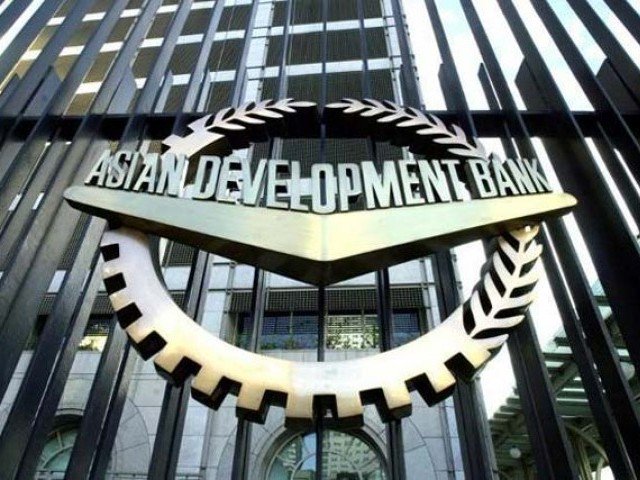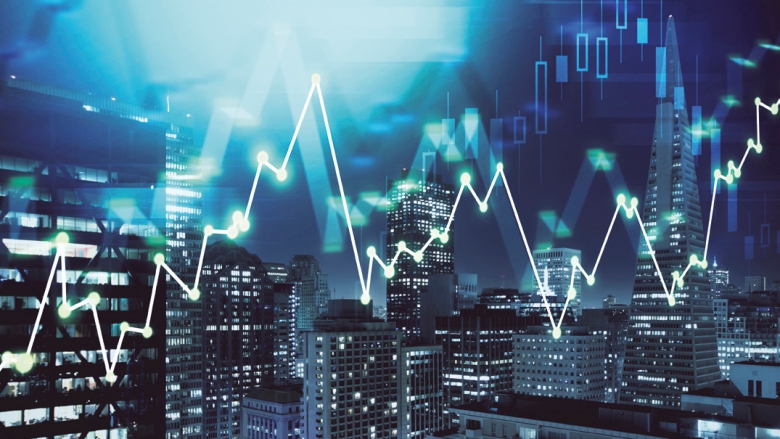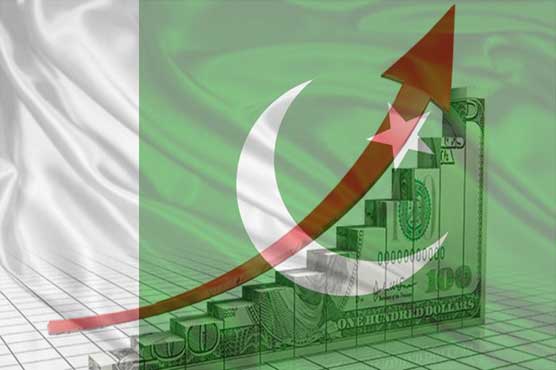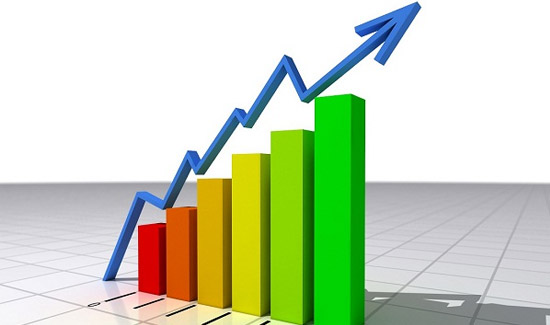Pakistan’s economic growth rebounded to 3.9% in fiscal year (FY) 2021 (ending 30 June 2021) and is expected to reach 4.0% in FY2022 as business activity gradually resumes in the second year of the coronavirus disease (COVID-19) pandemic, the Asian Development Bank (ADB) said in a report today.
According to the Asian Development Outlook (ADO) 2021 Update, ADB’s annual flagship economic publication, Pakistan’s economy is expected to continue recovering in FY2022, supported by stronger private investment, improving business activity, a steady vaccine rollout, and economic stimulus measures for FY2022. Yet, significant uncertainty clouds the economic outlook over the course of the pandemic in Pakistan and worldwide.

“Pakistan’s economy is on the path to recovery, supported by promising growth in the industry and services sectors,” said ADB Country Director for Pakistan Yong Ye. “The continued rollout of the COVID-19 vaccination program, structural reforms, and the expansion of social protection programs are all key to ensuring inclusive and sustainable growth. Fiscal incentives and policies to boost export competitiveness, bolster the performance of the manufacturing sector, and augment private investment will continue to play an instrumental role in strengthening the economic outlook.”
Pakistan’s economic growth in FY2021 was supported by improved COVID-19 containment strategies through the second and third waves of infections and continued accommodative fiscal and monetary policies that accelerated the recovery across all sectors. Growth in industry, predominantly construction and small-scale manufacturing, and services are forecast to improve in FY2022. Agriculture is also expected to continue supporting GDP growth.

Inflation declined to 8.9% in FY2021. Food price inflation remained high due to supply chain disruptions, increased prices for wheat and sugarcane, and an extended wet monsoon. Rising international oil prices boosted energy price inflation. Yet, inflation for other goods eased thanks to the appreciation of the Pakistani rupee and a postponement of planned hikes for electricity tariffs and domestic fuel prices.
The State Bank of Pakistan, the central bank, maintained its policy rate at 7% to support the economic recovery. Investment is expected to strengthen as global sentiment improves and the International Monetary Fund-supported stabilization program continues to progress.

ADB is committed to achieving a prosperous, inclusive, resilient, and sustainable Asia and the Pacific, while sustaining its efforts to eradicate extreme poverty. Established in 1966, it is owned by 68 members—49 from the region.
Media person and communication expert for over 25 years. Worked with Dow Jones News, World Bank, CNBC Pakistan, Aaj TV, ARY TV, Abbtakk TV, Business Recorder, Pakistan Observer, Online News Network, TTI Magazine and other local and world Publications.










